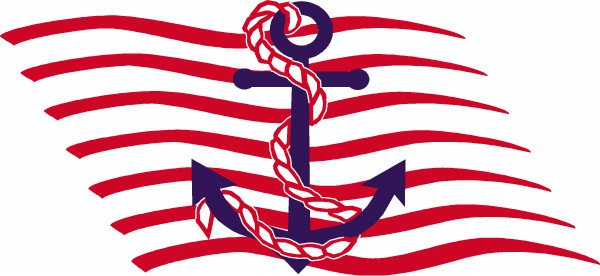
ENSURING A HIGH LEVEL OF READINESS
They weren’t often in the headlines, but U.S. government-owned, civilian-crewed ships were the backbone of Operations Enduring Freedom and Iraqi Freedom. Between 2002 and 2011, these commercial vessels moved nearly half of the 52 million tons of cargo the military needed to carry out these campaigns. The efforts began in July 2002 with the USNS Watson, which led the charge by discharging 999 pieces of rolling stock including armored personnel carriers, tanks and other military vehicles at the Port of Ash Shuaybah in Kuwait. The vessel was managed by Patriot Contract Services LLC — a stellar example of the U.S. shipping industry’s vital support of national security. Today, Patriot currently manages seven Ready Reserve Force (RRF) ships for the United States Maritime Administration (MARAD); eight Watson class Large Medium Speed RO-RO vessels for the United States Navy, Military Sealift Command (MSC) and a shallow draft tanker for Schuyler Line Navigation Company. They remain ready to deploy supplies at a moment’s notice, guaranteeing rapid availability of equipment and supplies to the Army and Marine Corps during a major conflict or war.In addition to supporting the military’s offensive capabilities, the U.S. shipping industry also safeguards national security by helping deter potential conflict. Through the Prepositioning Program, American forces maintain a presence in certain regions of the world and carry out activities such as training exercises that demonstrate power and dominance. For instance, they might help support military conduct trainings at sea with our NATO or allies in Asia, including South Korea — exercises aimed at demonstrating a strong presence and projection of power to our country’s near-peer adversaries including China and Russia.About Patriot
Patriot Contract Services, LLC (“Patriot”) is a leading maritime contractor to the U.S. Government, managing and operating vessels. Patriot currently manages seven Ready Reserve Force (RRF) ships for the United States Maritime Administration (MARAD); eight Watson class Large Medium Speed RO-RO vessels for the United States Navy, Military Sealift Command (MSC); and a shallow draft tanker for Schuyler Line Navigation Company. Patriot recently purchased a shallow draft tanker to be named HAINA PATRIOT which stands for “Declare Patriot”. Patriot maintains a network of highly experienced mariners and vessel managers who are capable of skillfully operating a wide range of vessels used for both rapid military support and active special military operations. With a quarter century of experience and solid continued growth, the company is further expanding under the new leadership and management of its principal and CEO Ryan Pereyda.
Notably, these ships are manned by civilian mariners (not active-duty Navy personnel), who play an essential role in ensuring the military can successfully operate in times of emergency. The federal government simply can’t keep up with the military’s cargo demands on its own — it needs assistance from commercial carriers like Patriot to move a wide range of supplies from fuel to spare parts, ammunition, aircraft construction equipment, and combat unit armament. As a result, the U.S. shipping industry’s ability to survive and thrive is central to the health of our nation and our position as a global leader.
Despite the major advantages these carriers provide, the Prepositioning Force has been aging considerably as the merchant marine’s overall number of ships and mariners has declined. While the federal government has long been aware of this trend, our country needs to do more to arrest the ships’ physical deterioration and reverse the decline of personnel attrition. In the advent of war, regional conflict, or national emergency, a lack of vessels, insufficient repairs and a dwindling number of mariners could pose a greater threat to us than the enemy itself. In fact, the U.S. Maritime Administration has estimated the industry is 1,300 mariners and 40 ships short of what it needs to provide the necessary sustainment of our Armed Forces. We must increase Prepositioning Force funding in order to guarantee that our military forces can continue to protect us.
